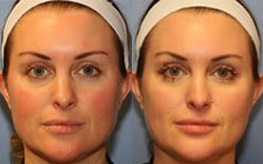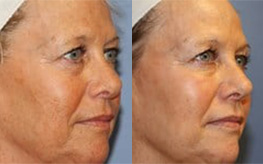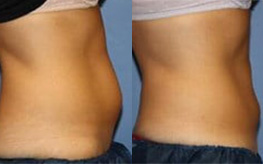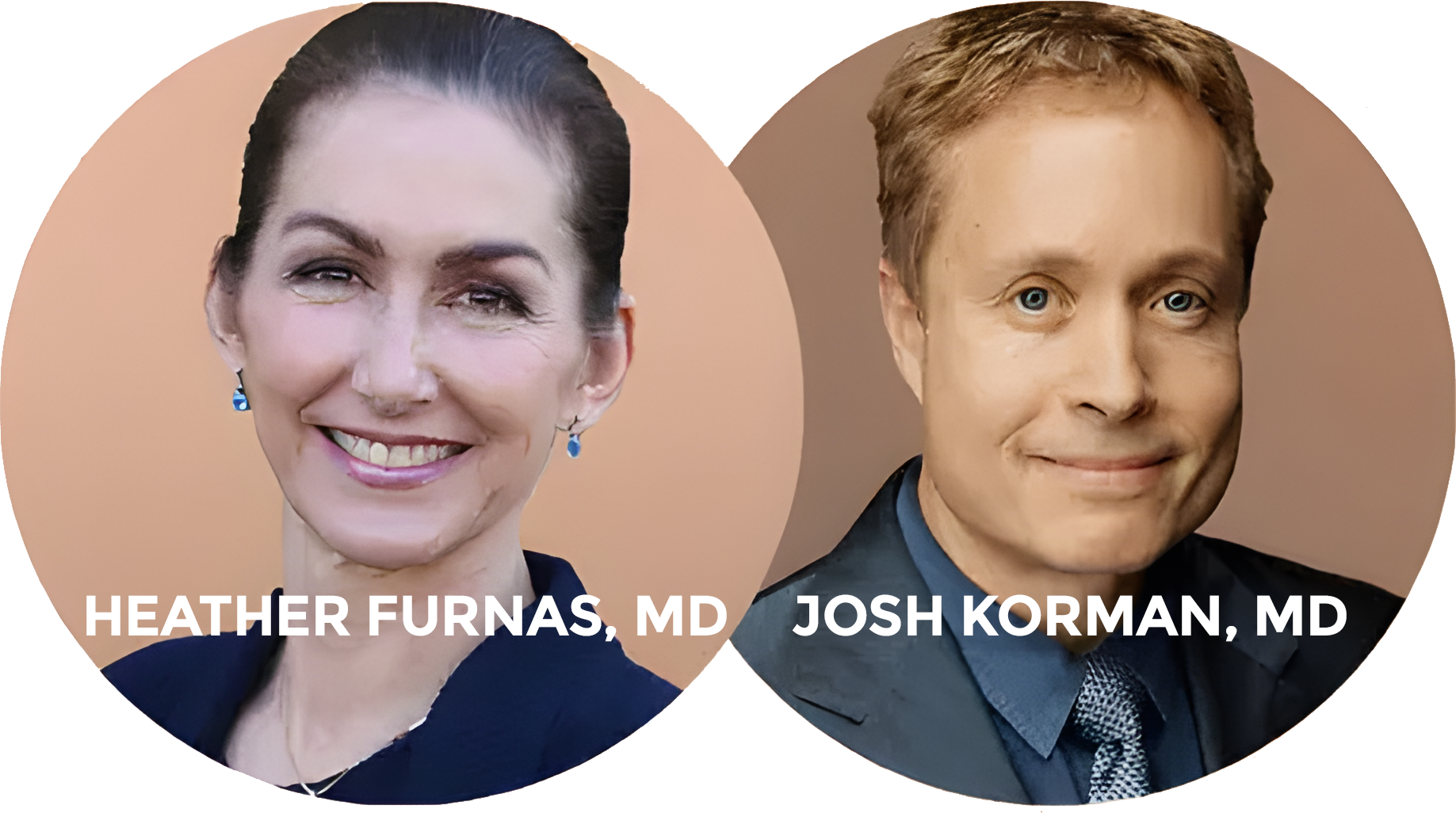Contents
Plastic Surgery: Right or Wrong
A 23-year-old woman who wanted a breast augmentation recently wrote Dear Abby(1). She’d wanted surgery for years and could finally afford it. As a teacher, she planned to have the surgery during the summer. The stumbling block was her parents. She wrote, “I’ve heard it all: ‘I wish you loved your body the way it is,’ ‘That’s so superficial,’ and ‘You’ll regret it!’” She resided with her parents while her new abode was still under construction. As the woman (“Tired of Waiting”) probably knew, and Abby confirmed, “The decision about whether to have plastic surgery is a personal one. No one should make it ‘for’ you; the choice should be yours and yours alone.”
“Accept Yourself!”
We’ve all seen horrific plastic surgery photos dispersed in the media. The unnatural and sometimes deformed results make it natural to conclude that only a weak person would have plastic surgery, that we should all accept ourselves just the way we are. Family members and close friends may find it particularly difficult to support a patient’s intention to have plastic surgery. They don’t understand the negative emotional impact that their opposition to surgery can have. Nor do they understand the positive impact surgical results can have on self-confidence, like the high school kid who has his dumbo ears corrected, or the college student who has her large nose reduced to fit her feminine face, or the mother whose hanging tummy skin is finally gone.
What the Opponents Don’t Know
When a feature, such as breasts, is hidden from view, a family member’s opinion may be based on a distorted assumption based on ignorance. Breasts seen in the media are hardly representative of the vast array of shapes that exist. A number of patients looking at before-and-after have been convinced that we’ve made a mistake, that a particular patient is a boy. Or their eyes grow wide as they see the tubular breasts that look like two Portobello mushrooms on a chest. Or a small nipple on one side and full, drooping breast on the other. One patient, a graduate student in her twenties, described what living with tuberous breasts was like. When she was girl, a boy asked her why she wasn’t developing like the other girls, “delivering a further blow to my already low self esteem.” She grew up “having to keep a deep, dark secret that no one could know about….I couldn’t even bear to look at myself in the mirror.” She felt like she was “cheating” her first boyfriend out of being with a “’real’ woman.” After her surgery, she wrote me a note: “I went to the mall, and for the first time in my life, I felt a type of confidence that I had not been able to feel before…I now have something that no amount of reading, working, or wishing could have given me.”
With the limited evidence available in the media, it’s easy for family and friends to see a desire to have plastic surgery as a simple matter. Namely: It’s wrong, and only superficial people have it.
The Impact of Not Having Plastic Surgery
The family members who tell their loved ones to accept themselves as they are often considering only the risks of surgery. In their black-and-white view of plastic surgery, they may fail to understand the emotional weight of not having a procedure. Every once in a while, after a patient has healed from surgery, a reluctant family member comes in asking about plastic surgery for herself.






